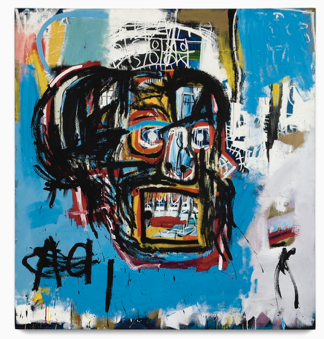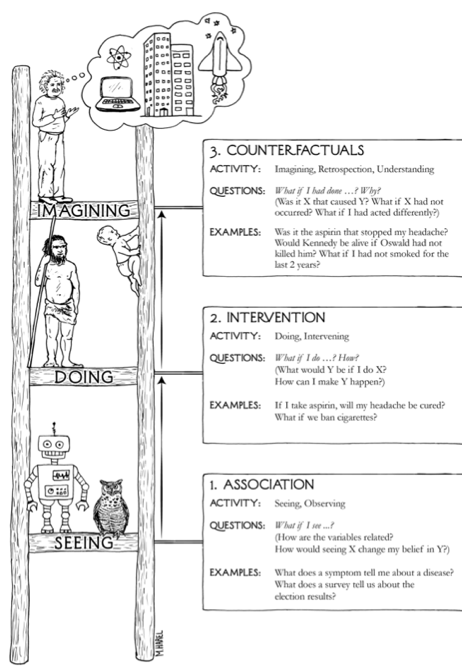ECML 2019 Tutorial: Machines Who Imagine: Beyond Data Science
September 16, Wurzburg, Germany, 2019.
TBA
Humans exhibit a strong predisposition to imagine — to mentally
transcend time, place, and circumstance — from an early age. Cave
paintings and sculptures found in Europe from tens of thousands of
years ago show that our ancestors were capable of depicting or carving
impossible objects. Imagination is found in every mythology in the
world, from the Greeks to the Hindus. Imagination is prized in the
arts, literature, music, poetry, as well as science and engineering.
In this tutorial, we introduce a new challenge for artificial
intelligence: how to build imagination machines? Much of the recent
excitement in AI is based on advances in data science, which is
broadly the study of methods that convert samples into probability
distributions. Data science is the study of “What is”: like
statistics, it studies the summarization of historical data. We
introduce a new field of study in AI called imagination science that,
in contrast, is the study of “What if”? and “Why?”. Imagination
science extends data science to answer a much broader range of
questions, ranging from interventions to impossible counterfactual
situations. We show that a number of converging lines of research in
AI can be seen as attempts to build imagination machines, ranging from
recent work on generative adversarial networks to cognitive
architectures that combine observation, intervention and
counterfactual reasoning.
We summarize novel research ideas, including new ways of modeling
sequential decision making using counterfactual imagination models, as
well as extensions of GANs using ideas from network economics. We
show that research on imagination forms a nice synergy to ongoing work
on high fidelity complex simulation engines, representing today’s
forerunners to The Matrix, a “What if” eventual successor to today’s
“What is” search engines.
This tutorial provides a detailed discussion of key challenges in
automating imagination, discuss connections between ongoing research
and imagination, and outline why automation of imagination provides a
powerful launching pad for transforming AI.
Click the "Course Description" link above to download the slides.
Overview of the tutorial

Presenter: Professor Sridhar Mahadevan
Email: last name without the “n” AT cs DOT umass DOT edu

